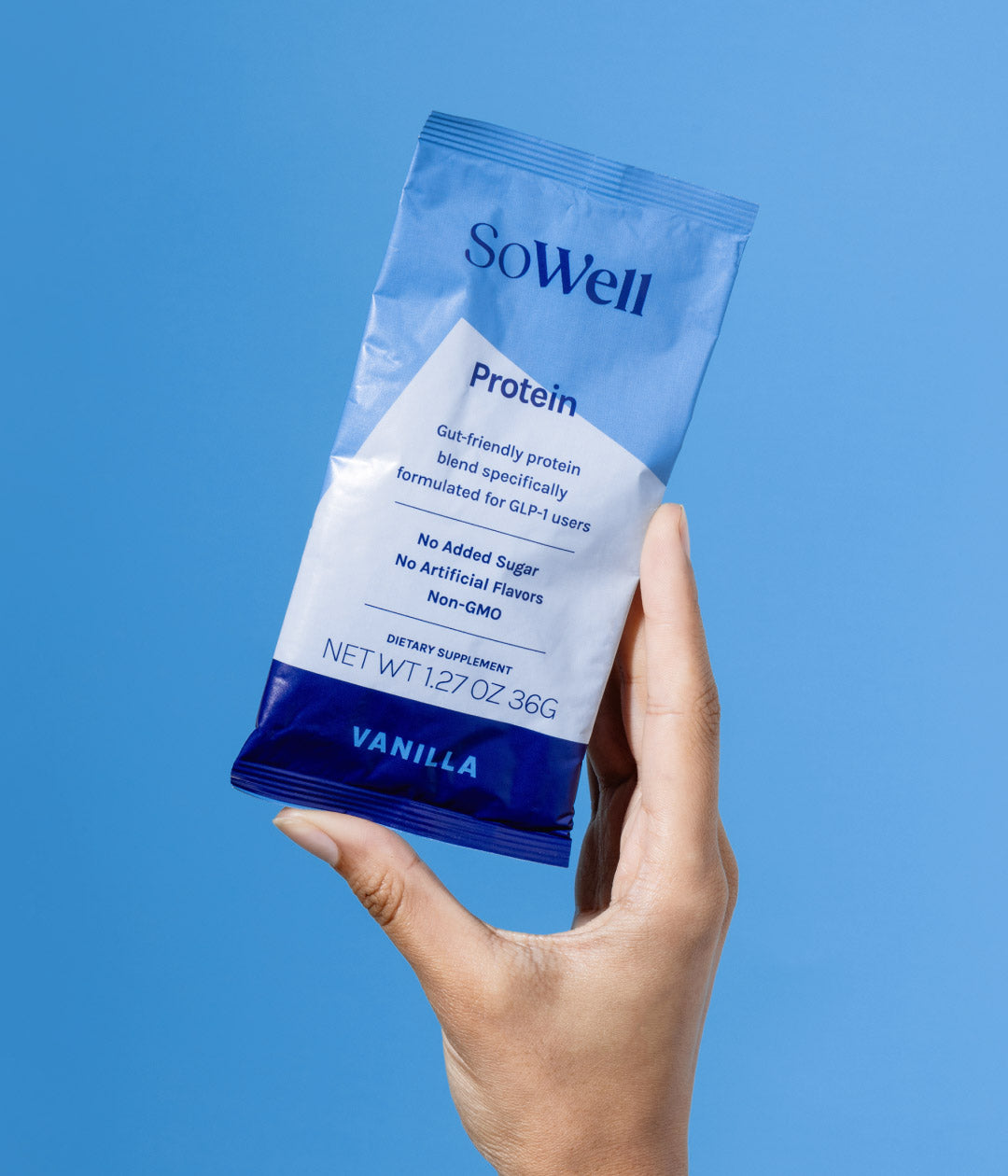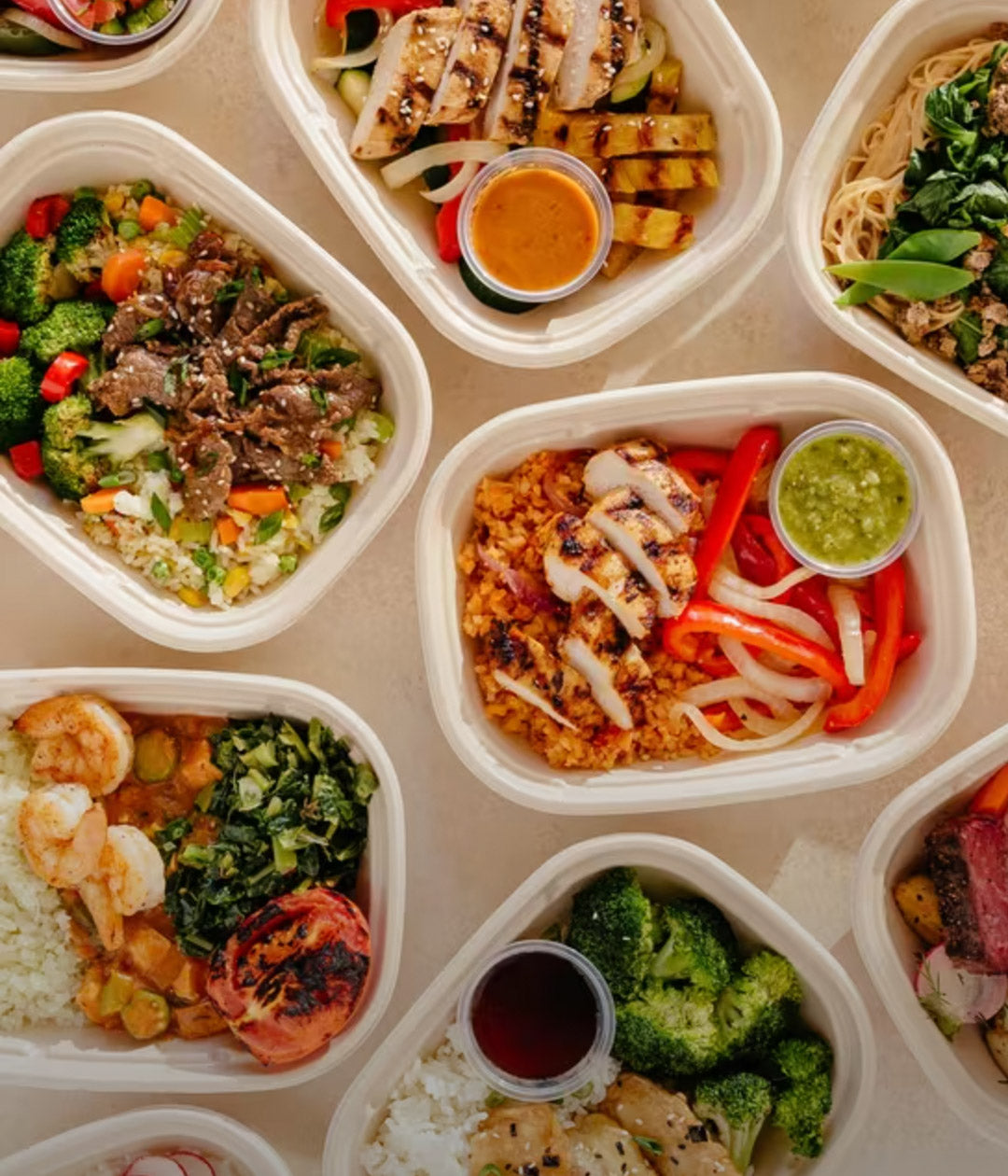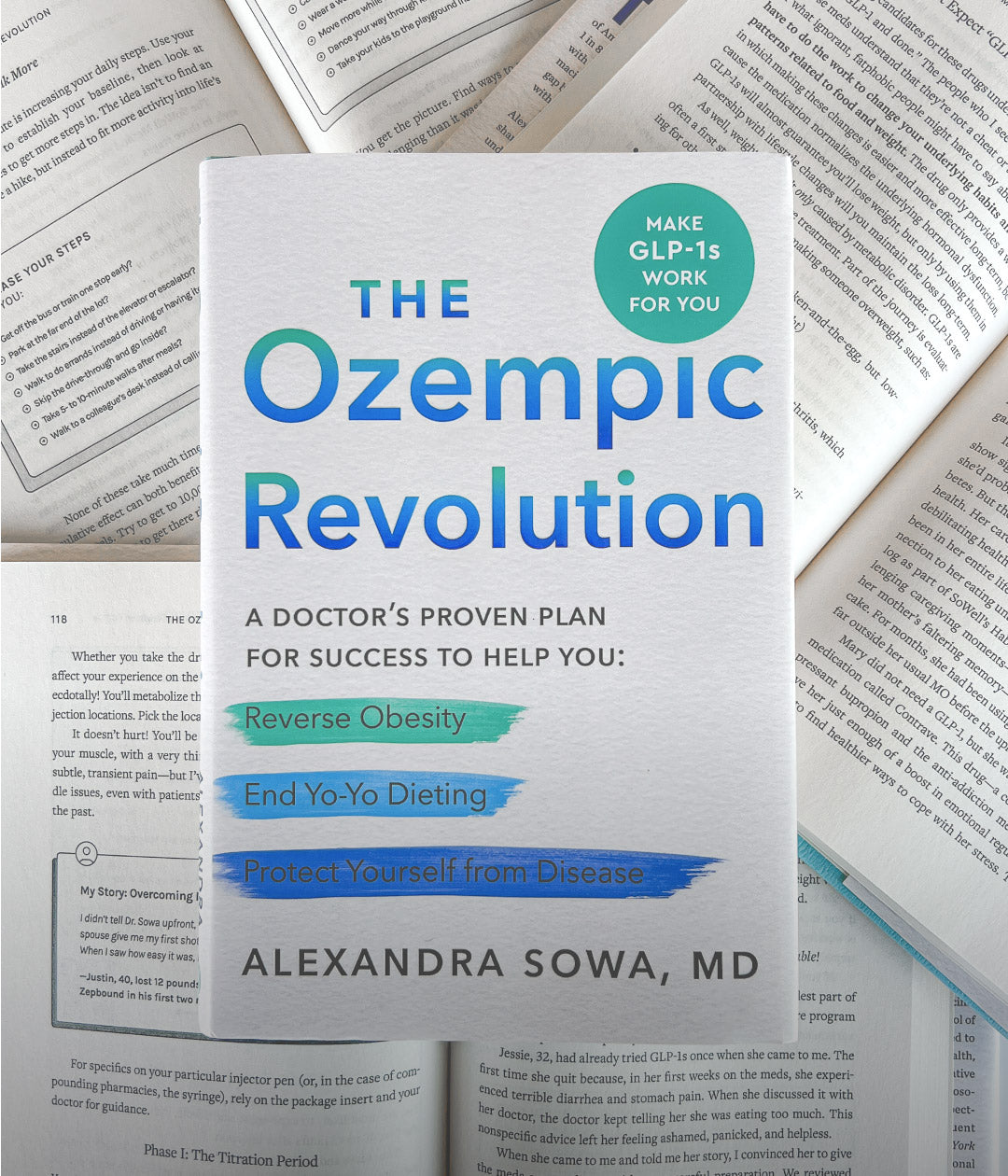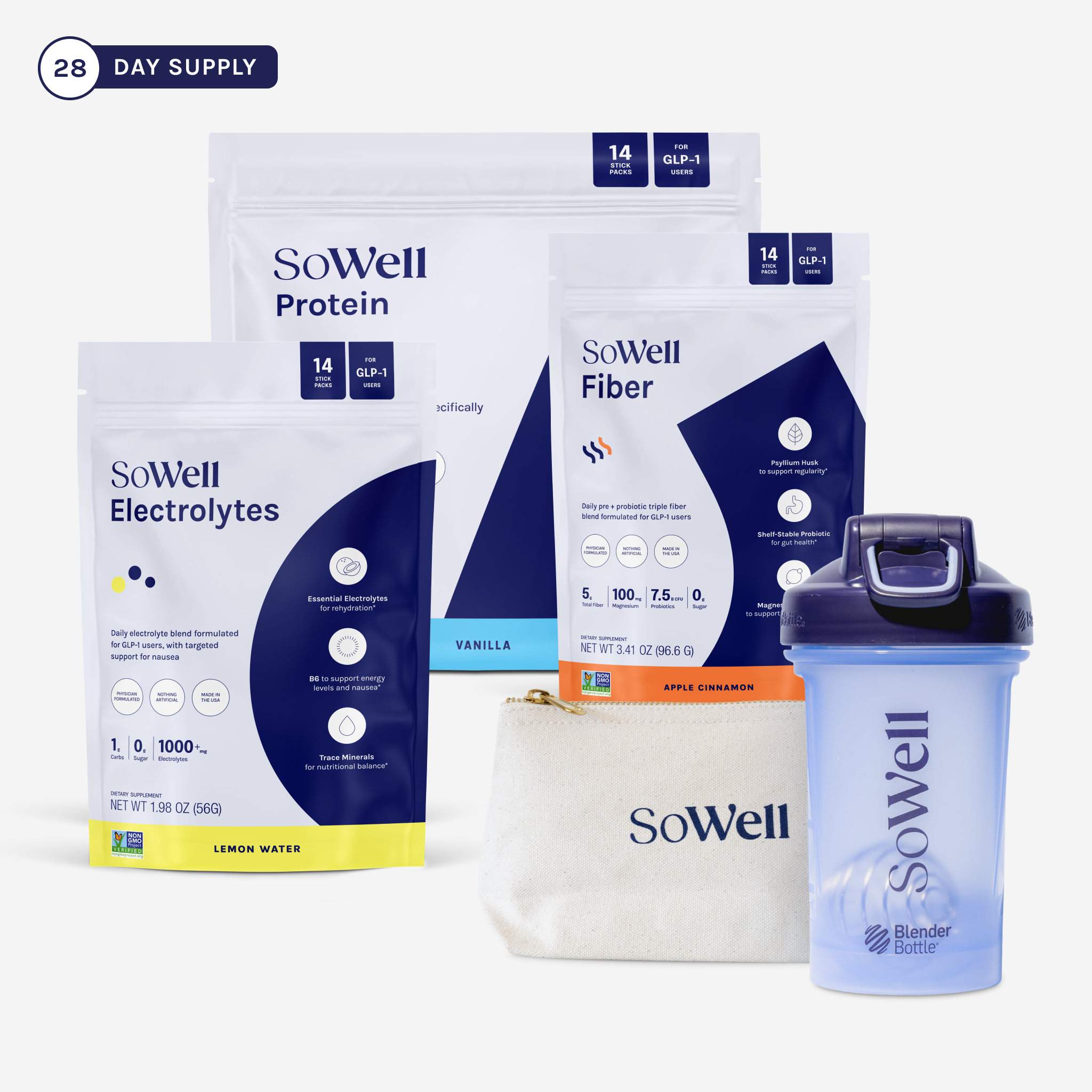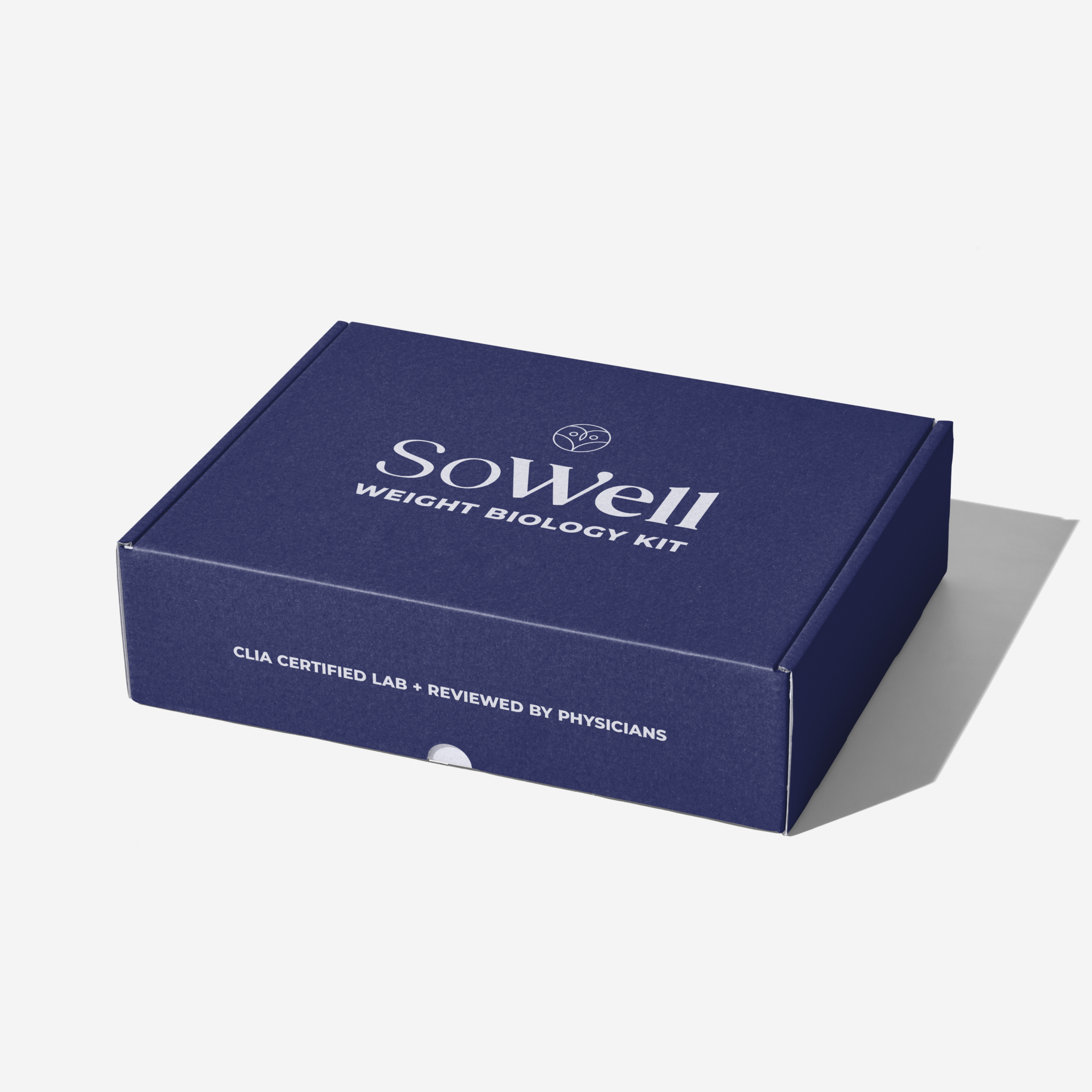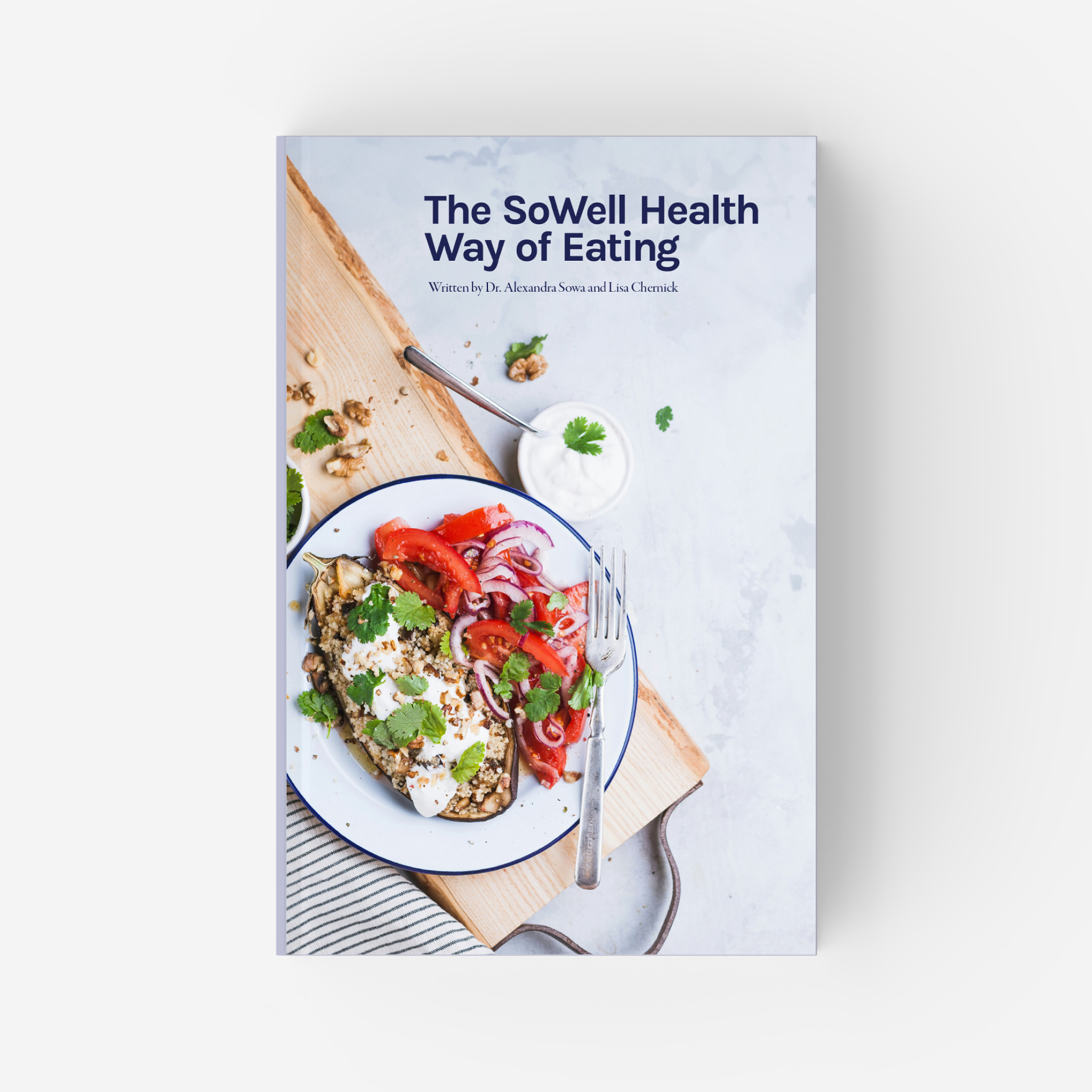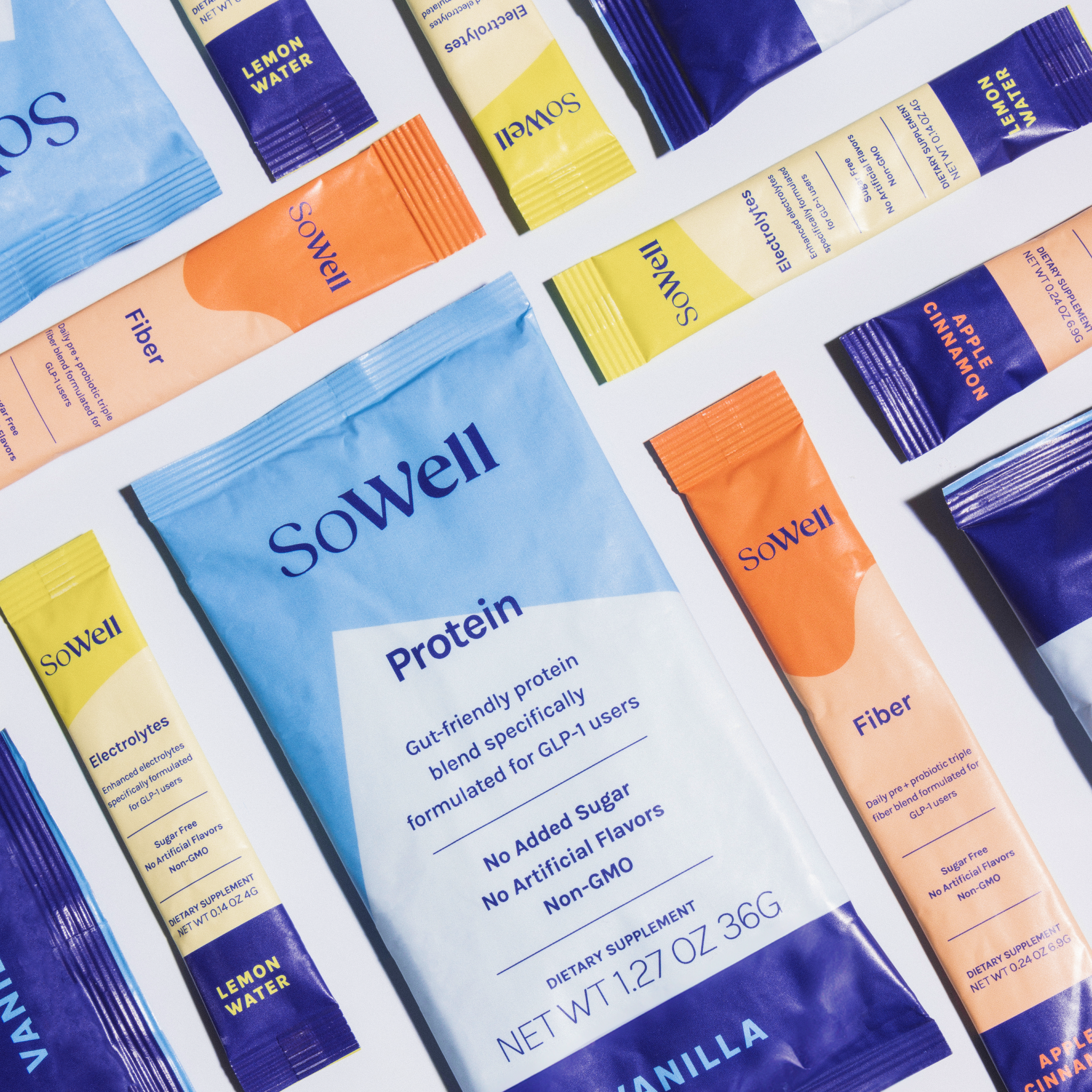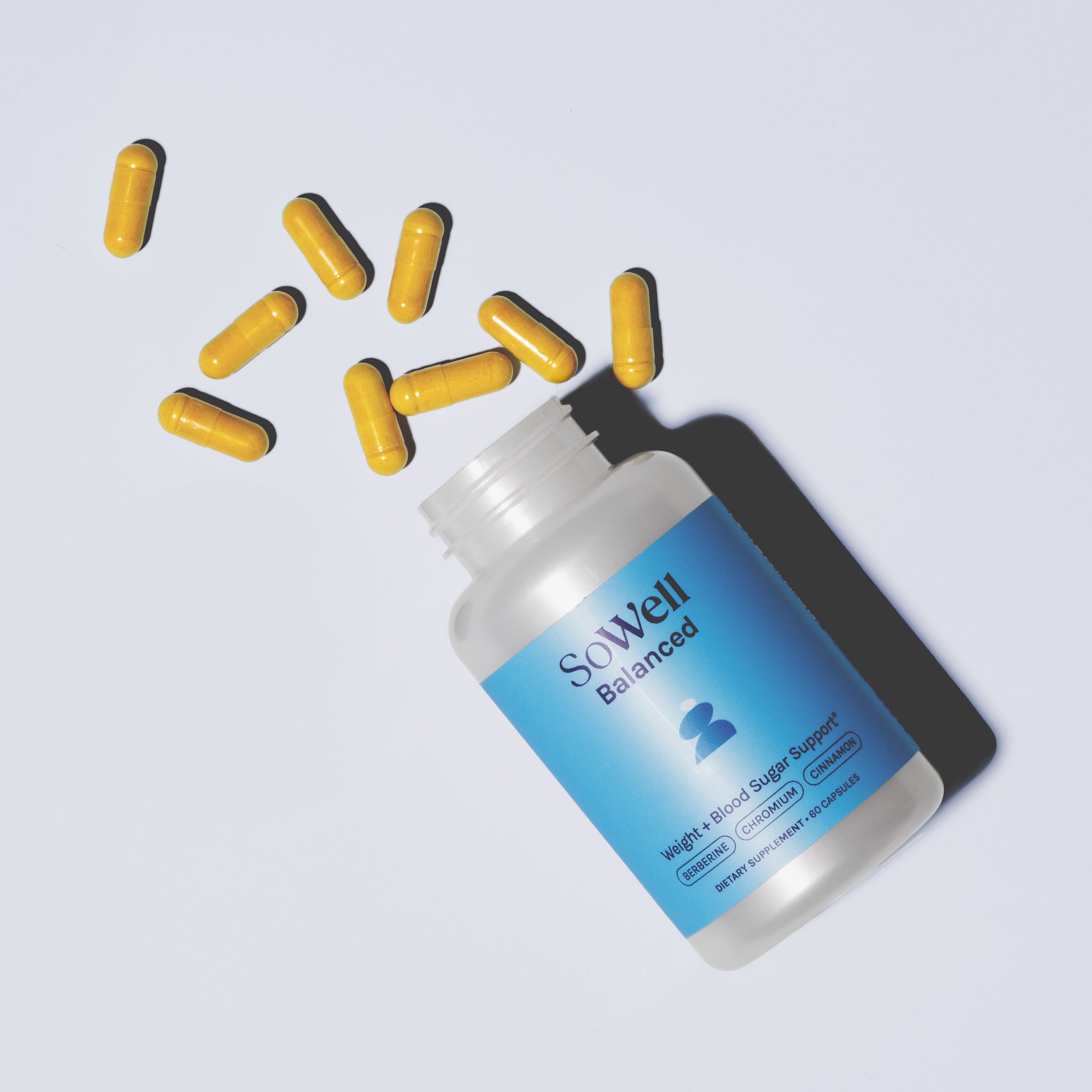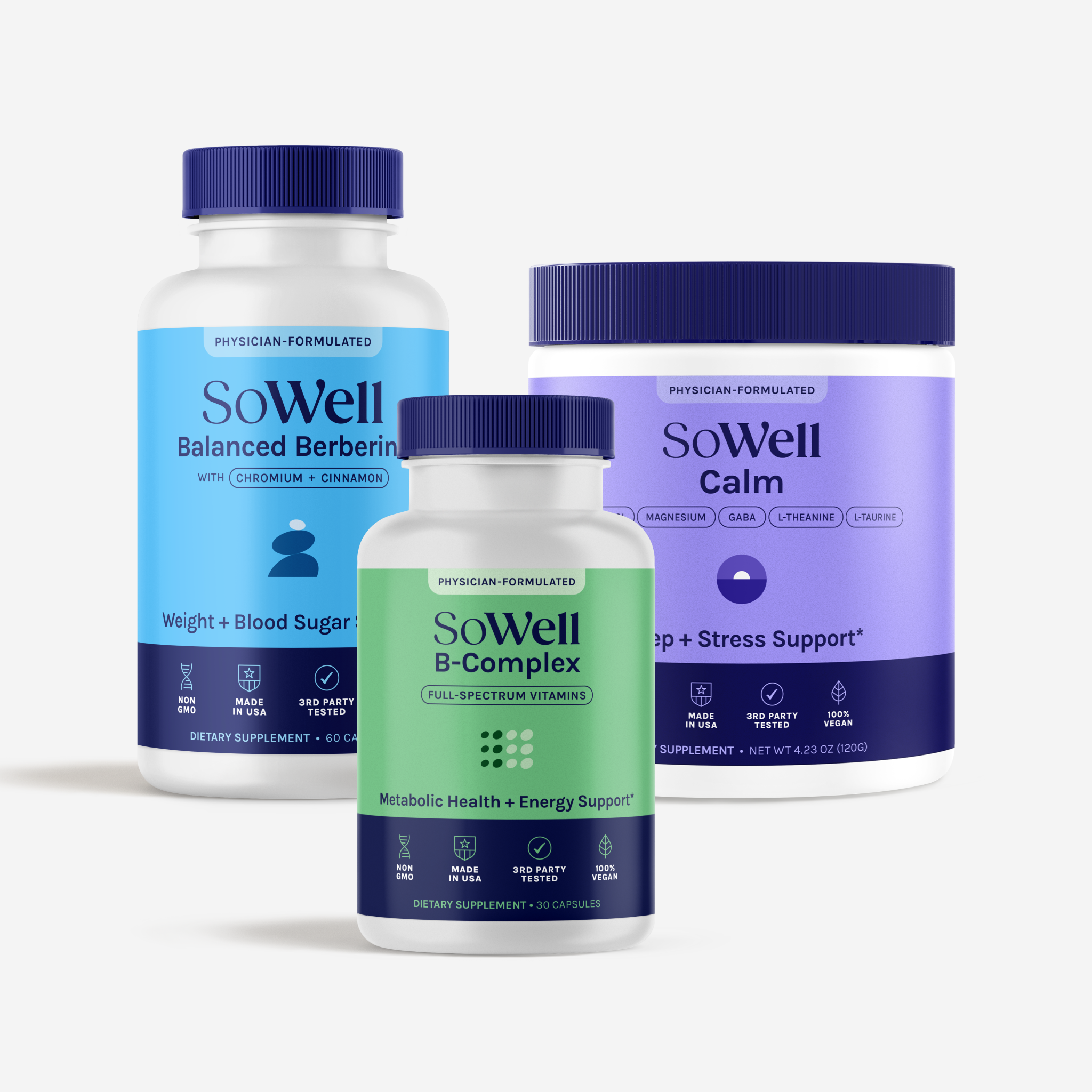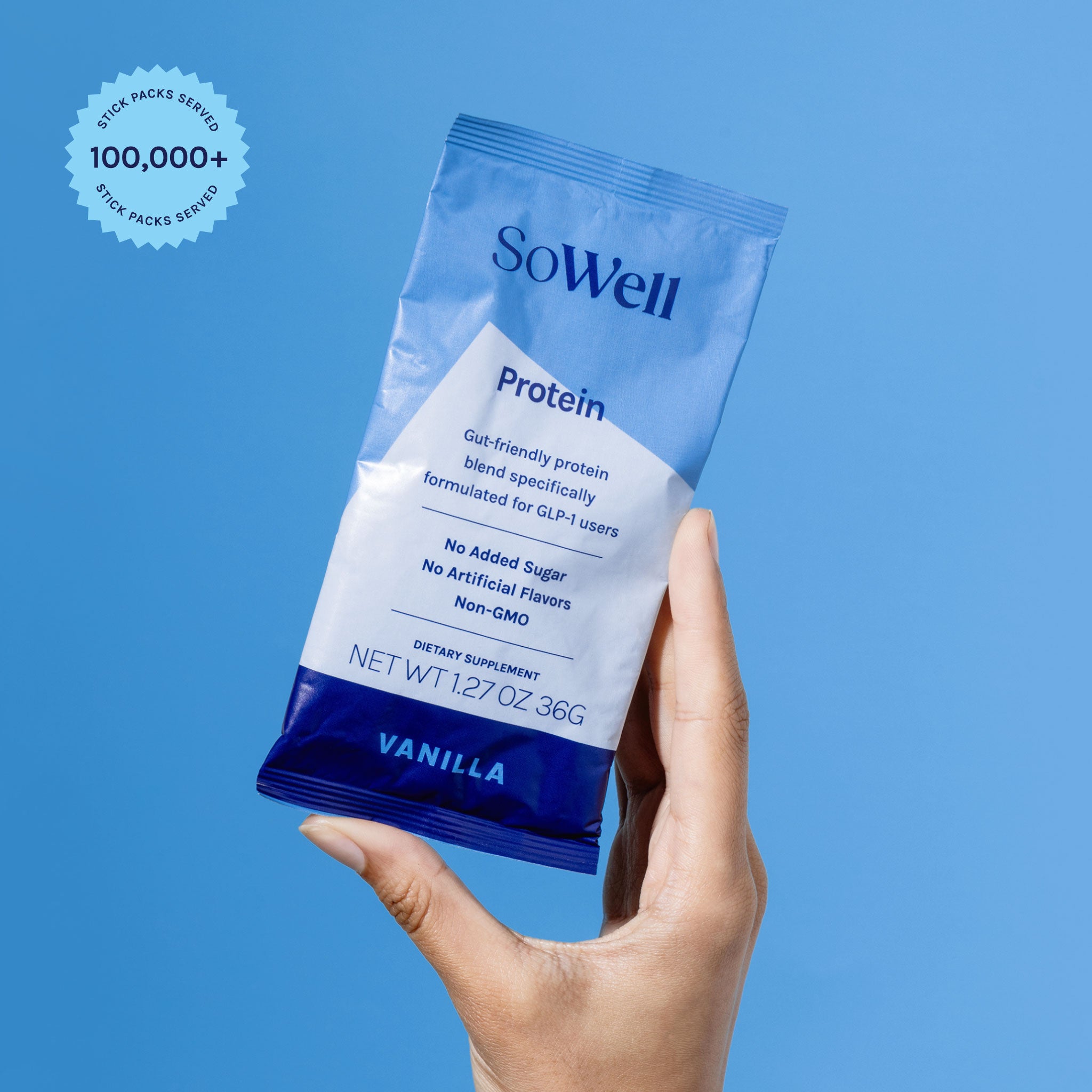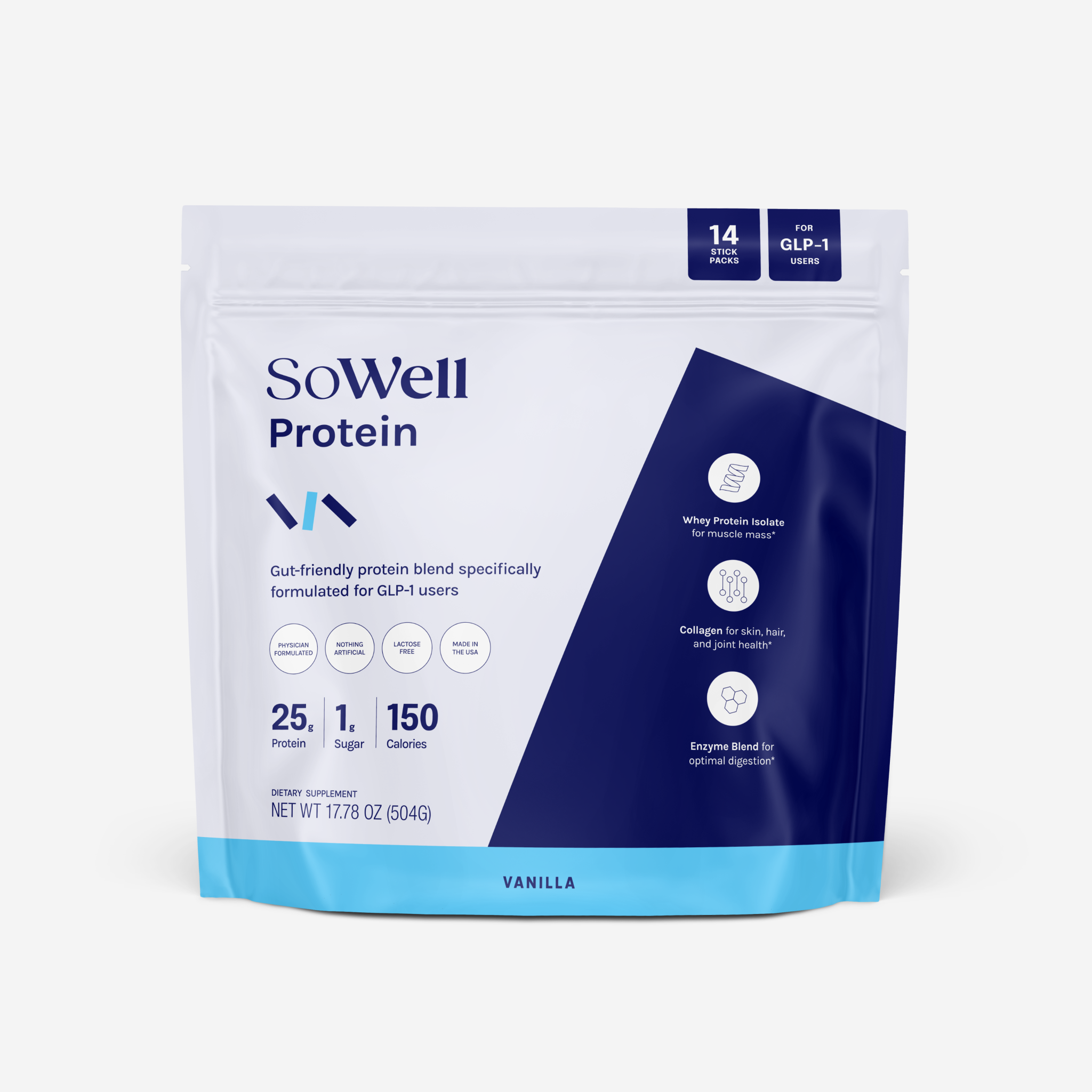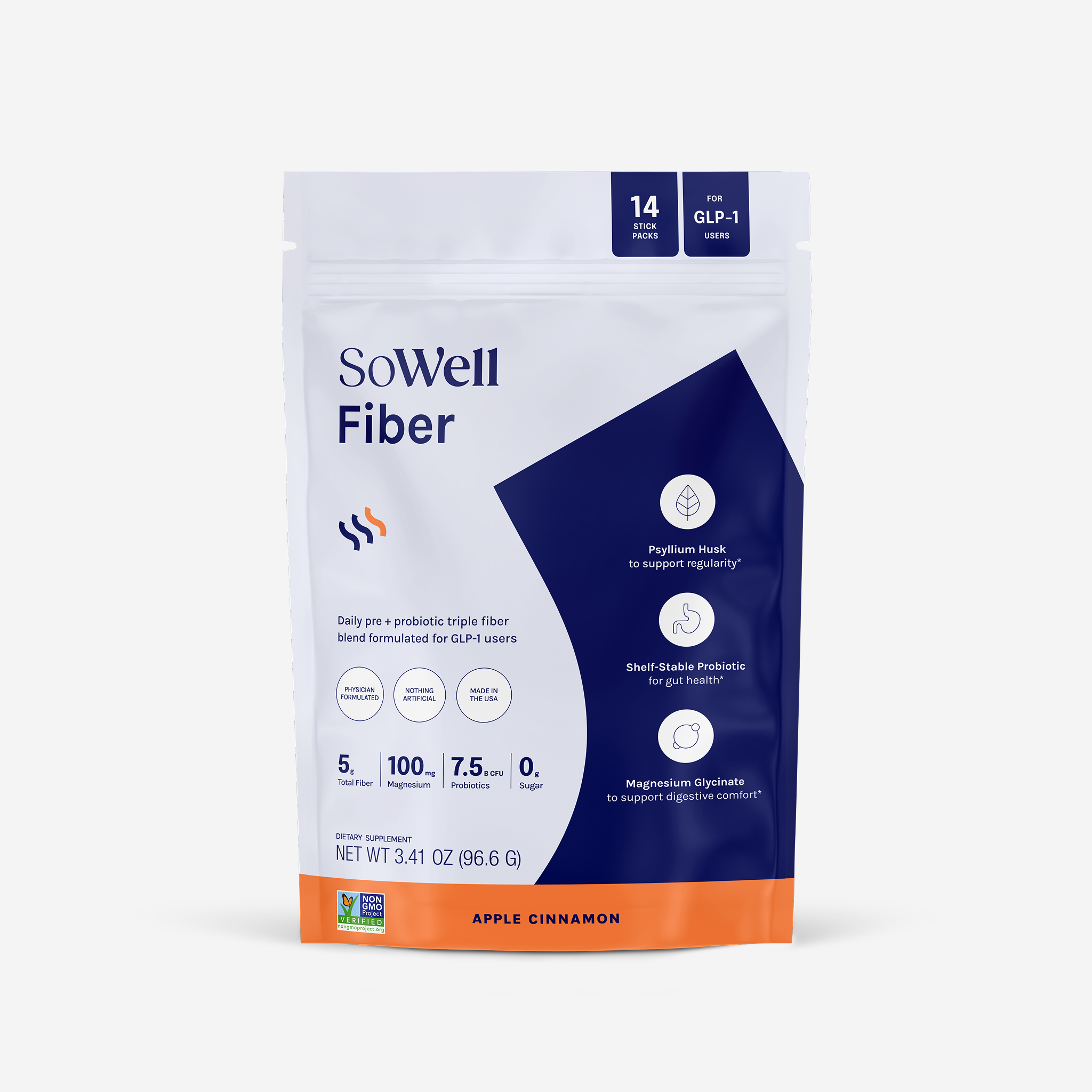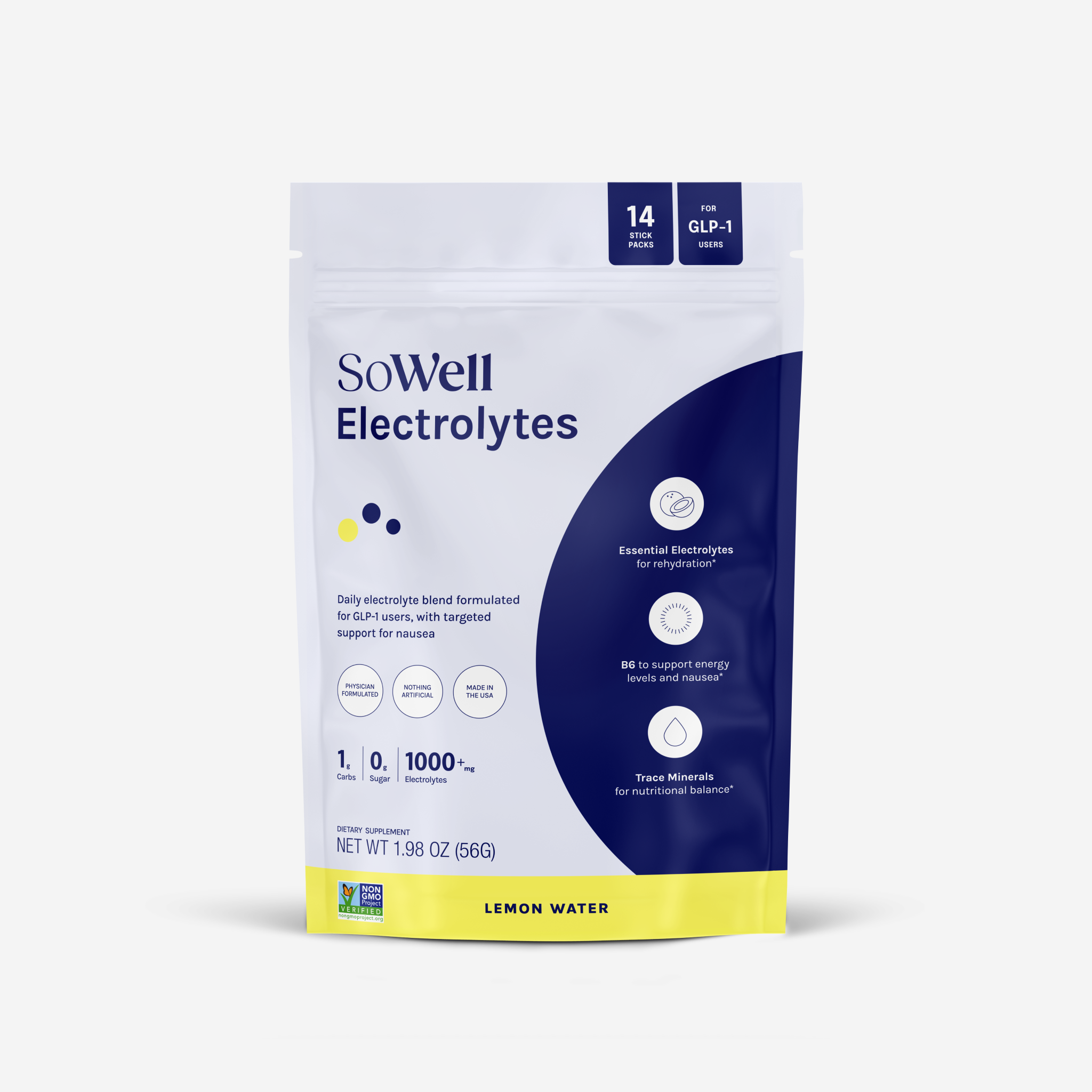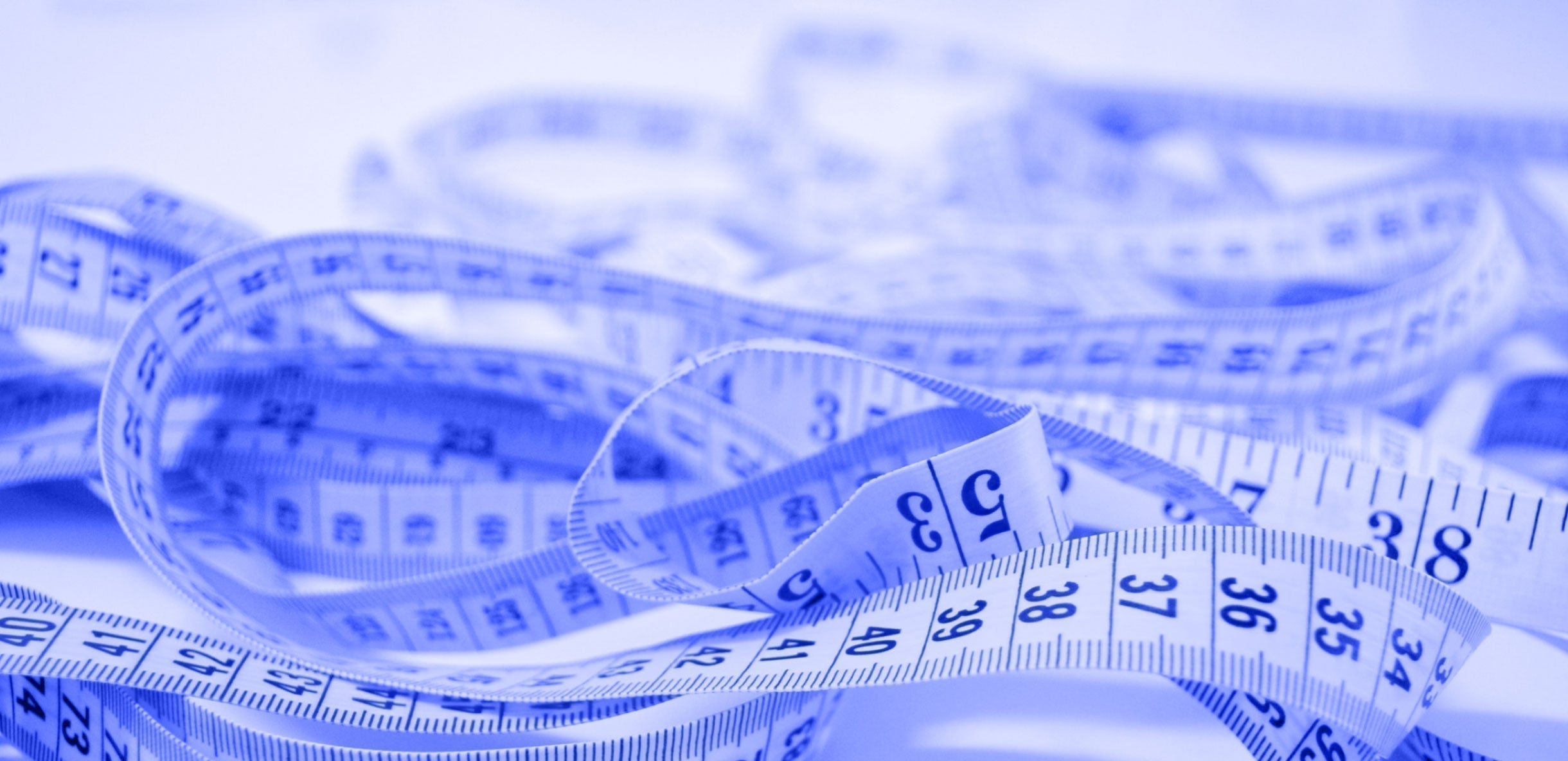
Emotional Neutrality and the Scale: Breaking Free from Diet Culture
For many of us, stepping on the scale isn't just a simple act of measuring our weight—it's an emotional experience loaded with judgment, anxiety, and sometimes fear. The number we see can dictate our mood for the day, our sense of self-worth, and even our belief in what we can accomplish.
But what if it didn't have to be this way? What if weighing yourself could be as emotionally neutral as brushing your teeth?

The Toothbrush Analogy
Dr. Alexandra Sowa introduces a powerful analogy to help shift our perspective on the scale: think of it like your toothbrush.
Your toothbrush is simply a tool for keeping your teeth clean. You don't attach moral value to it or let it determine your self-worth. You built the habit of using it twice daily, and now you barely think about it. You just do it and return to your day, enjoying your fresh breath and the knowledge that you're doing what you can to avoid cavities.
This is exactly how we should approach the scale—as a neutral tool that provides useful data, nothing more and nothing less.
Why We Get Emotional About the Scale
Before we can develop emotional neutrality, it's important to understand why we have such charged feelings about weighing ourselves in the first place:
Diet Culture Messaging
For decades, we've been bombarded with messages that equate weight with value. Magazine covers, fitness programs, and even some healthcare providers have reinforced the idea that lower numbers are "good" and higher numbers are "bad."
Past Negative Experiences
Many of us have experienced painful moments related to weighing in. Maybe it was a public weigh-in at school, a doctor commenting on your weight in a hurtful way, or a family member's critical remarks about the number on the scale.
All-or-Nothing Thinking
When we're locked in diet mentality, we often see the scale as a measure of our "success" or "failure" rather than a source of information. One "bad" weigh-in can make us feel like giving up entirely.
Weight Fluctuations Misunderstood
Many people don't realize that daily weight fluctuations of 1-5 pounds are completely normal and largely related to water, not fat. This misunderstanding leads to unnecessary emotional reactions to normal variations.
The Path to Emotional Neutrality
Developing a neutral relationship with the scale doesn't happen overnight, but these strategies can help you get there:
Recognize the Scale's Limited Role
The scale measures one thing and one thing only: the force of gravity on your body mass at a specific moment in time. It cannot measure:
- Your health
- Your fitness level
- Your worth as a person
- Your accomplishments
- Your character
- Your potential
Understand Normal Fluctuations
Your weight can vary by several pounds throughout a single day due to:
Focus on Patterns, Not Single Data Points
The value of regular weigh-ins isn't in any single measurement but in the overall trend over time. Dr. Sowa recommends looking at weekly or monthly averages rather than day-to-day numbers.
Separate Observations from Judgments
Practice noticing when you're adding judgment to a simple observation:
Observation: "My weight is X pounds today."
Judgment: "That's terrible/great. I'm a failure/success."
Work on sticking to observations and eliminating the judgments.
This vs. That: The Scale Mindset Framework
Dr. Sowa recommends shifting your thinking using this simple framework:
| DO THIS | NOT THAT |
|---|---|
| The scale is a helpful tool | The scale determines my value (strength, adequacy, intelligence) |
| It provides data, just like a thermometer or a blood pressure cuff | It's better to avoid it until I've had a "good" day/week/year |
| We can use this data to help us determine next steps | A higher-than-expected weight means I should give up |

Consider the Scale's Context in Your Overall Health
Your weight is just one of many metrics that can provide insight into your health. Others include:
- Blood pressure
- Blood sugar levels
- Cholesterol
- How your clothes fit
- Energy levels
- Sleep quality
- Mood
Weight is valuable information, but it's just one piece of a much larger puzzle.
Common Challenges and How to Overcome Them
As you work toward emotional neutrality with the scale, you'll likely face some common hurdles. Understanding these challenges in advance can help you prepare effective strategies to overcome them.
Anxiety Before Weighing In
Solution: Schedule your weigh-in as part of your morning routine, right after another neutral activity like brushing your teeth. Don't build it up in your mind—simply step on, record the number, and move on.
Emotional Reaction to "Unexpected" Numbers
Solution: Have a pre-planned response ready. For example: "This is just data. My body fluctuates naturally. I'll continue following my plan." Sometimes saying this out loud helps reinforce the message.
Avoiding the Scale After "Off-Plan" Eating
Solution: This is precisely when you should maintain your weighing routine. Breaking the association between "good behavior" and "deserving" to weigh yourself is crucial for developing neutrality.
Comparison to Past Weights
Solution: Focus on your current health journey rather than comparing to what you weighed in college, before children, etc. Those comparisons rarely serve your current goals and often trigger negative emotions.
Success Stories: Finding Freedom from Scale Anxiety
Grace's Journey to Neutrality
One of Dr. Sowa's patients, Grace, had such traumatic experiences with weighing in during middle school that she had thrown away her scale years ago. When she learned that daily weigh-ins were recommended as part of her treatment plan, she nearly quit before starting.
But as she practiced emotional neutrality and consistent weighing, something unexpected happened. The very habit that once triggered intense anxiety became a source of comfort. Not because she liked the numbers better (although she did reach a healthy weight), but because the habit itself, maintained over time, led to less anxiety and more comfort—a transformation that once seemed impossible.
"It's like exposure therapy. The more I weigh myself without judgment, the less power the scale has over my emotions." — Grace, SoWell Patient
The Daily Practice Difference
Many patients find that daily weighing—when approached neutrally—actually reduces anxiety compared to weekly weigh-ins. When you wait a week or more between measurements, the fear can build up, leading to increased anxiety and eventually scale avoidance.
Daily weigh-ins help you become desensitized to the normal fluctuations and more focused on long-term trends.
GLP-1 Medications and the Scale: Special Considerations
For those on GLP-1 medications, emotional neutrality becomes even more important. Here's why:
Weight loss isn't linear
You may experience plateaus or even slight gains during your overall downward trend.
Water shifts are common
GLP-1s can affect your body's water balance, especially in the early weeks of treatment.
Comparison isn't helpful
Everyone responds differently to GLP-1 medications, so comparing your rate of loss to others rarely serves you.
Long-term perspective is key
These medications are tools for sustainable, long-term health improvement, not quick fixes.
Approaching the scale with emotional neutrality allows you to work with your medication effectively, making adjustments based on data rather than emotional reactions.

Building Your Weighing Routine
To support your journey toward emotional neutrality with the scale:
- Choose a consistent time: Most people find first thing in the morning, after using the bathroom and before eating or drinking, provides the most consistent measurements.
- Use the same scale: Different scales can show different numbers, so stick with one reliable scale for consistency.
- Record your weight: Whether in the SoWell Hunger Scale + Food Log or another tracking method, recording your weight helps you see trends over time.
- Consider a travel scale: If you travel frequently, a portable scale helps maintain your routine when away from home.
- Practice neutral language: Pay attention to how you talk to yourself about your weight, both internally and with others.
The Freedom of Neutrality
The ultimate goal isn't to care less about your health—it's quite the opposite. By developing emotional neutrality toward the scale, you free yourself to care more effectively about your health, making decisions based on data rather than fear or shame.
This approach transforms weighing yourself from a dreaded experience into a simple habit that supports your health goals. You gain the ability to use the information the scale provides without letting it dictate your self-worth or emotional state.
Like many aspects of the SoWell Method, emotional neutrality takes practice. But over time, as you consistently apply these principles, you may find yourself experiencing a freedom around weighing that once seemed impossible—just like Grace did.
Ready to transform your relationship with the scale? Download our Cognitive Behavioral Training Toolkit to help identify and rewire negative thought patterns about weighing yourself. These worksheets guide you through tracking the events that trigger negative thoughts, understanding your emotional responses, and developing healthier thought patterns to support your journey toward emotional neutrality.
